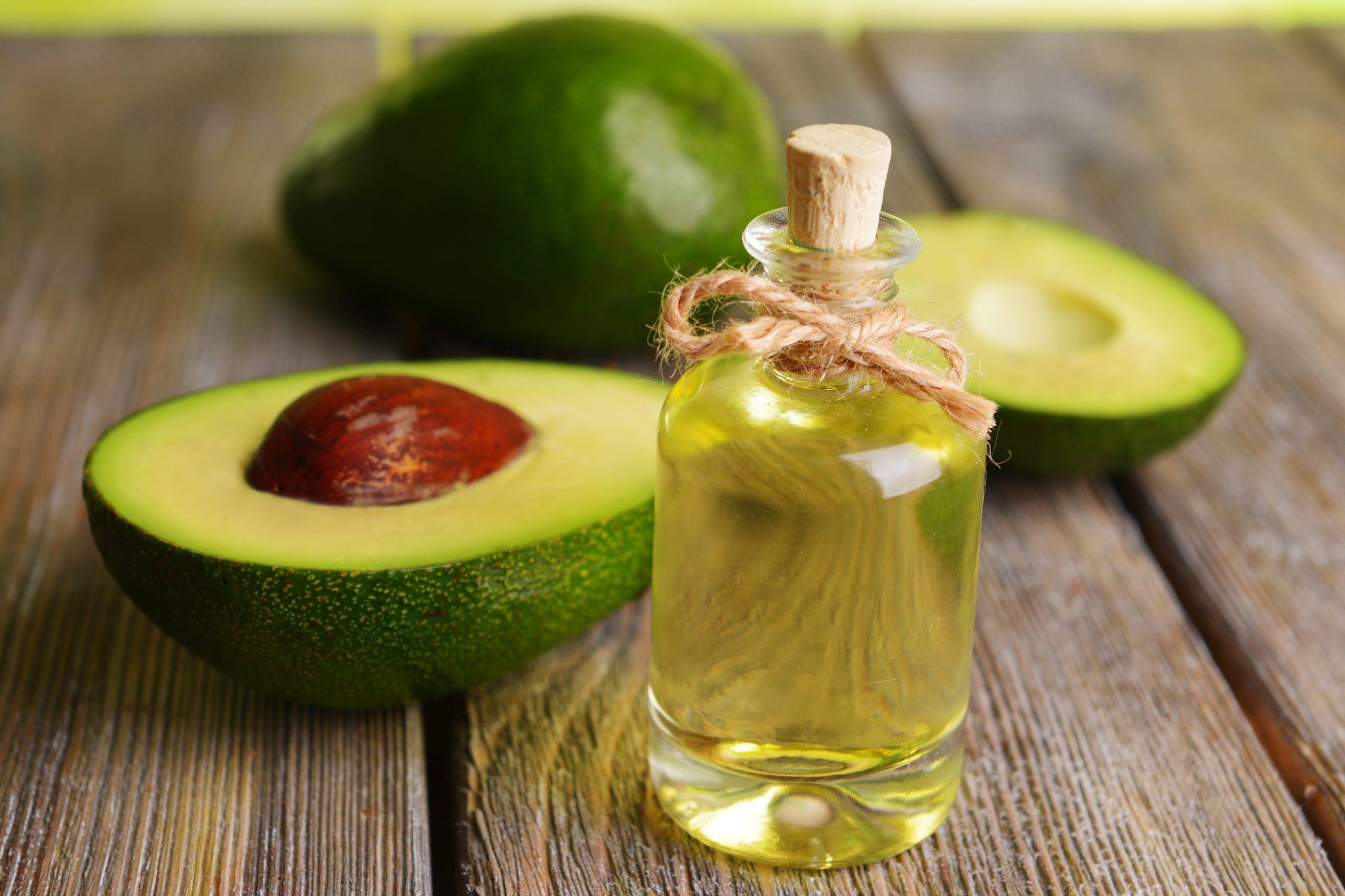Everyone in the beauty world appeared to be buzzing about avocado oil as the ultimate natural moisturiser/leave-in treatment. However, a recent study conducted by the beauty blogging community has revealed a world of various natural oils that may be even superior than the well valued avocado oil.
These oils offer several benefits for your skin and hair, and they can help you reduce your dependency on chemical-laden serums. What’s the nicest thing about going natural? Some of these oils may be found in your kitchen or at your local store, saving you money on pricey visits to the Sephora beauty section.
Some of these oils can be used as an alternative for serums, moisturisers, and leave-in conditioners. They’ll get the job done with half the usual amount of product.
Some substitutes include argan oil, jojoba oil,rosehip seed oil, olive oil and coconut oil.
Table of Contents
1. Argan Oil
If the odour of avocado oil is stopping you from putting oils on your hair, don’t be scared to try argan oil instead. Argan oil comes from the kernels of Moroccan argan trees and is high in vitamin E, omega-3 fatty acids, and antioxidants. Argan oil is one of the greatest hair oils since it is light and non-greasy, leaving your hair silky and lustrous. To condition your hair, you just need 1-2 drops.
2. JoJoba Oil
Jojoba oil is pronounced “ho-ho-ba,” which is a fun trivia. And, among its many advantages, jojoba stands out in terms of colour and odour, as it is both colourless and odourless. Jojoba oil has a molecular structure that is comparable to the oils generated naturally on our skin. Because of its antibacterial properties, jojoba is the most beneficial for individuals with acne-prone skin.
ojoba is an excellent addition to your skincare regime since it includes all of the vitamins and minerals necessary for healthy skin: vitamin E, B-complex, copper, zinc, selenium, iodine, and chromium. Jojoba has a long shelf life and may be stored for years if not used.
3. RoseHip Seed Oil
Rosehips were a medicine that was utilised by the ancient Egyptians, Mayans, and Native Americans all because of its therapeutic properties—the oil may be created by cold pressing or slow-cooking it. Rosehip seed oil is manufactured from rose bush seeds harvested in Chile.
Rose-hip seed oil is high in vitamins, antioxidants, and vital fatty acids, making it an excellent choice for lightening dark spots, scars, and fine lines. If you don’t want to give up all of your standard moisturisers just yet, consider incorporating a few drops of this oil into your regimen by mixing it with your moisturiser.
4. Olive Oil
Olive oil is the most effective treatment for dry skin. Olive oil contains vitamin E, polyphenols, and phytosterols. These three antioxidants have been related to slowing down the ageing process of the skin. Vitamin E, in particular, aids in skin texture maintenance and UV protection.
Olive oil is significantly heavier than the other oils, thus acne-prone people should avoid it. According to some studies, this antioxidant-rich oil may even help prevent skin cancer.
5. Coconut oil
Coconut oil is high in fatty acids and antioxidants, which assist to keep our skin and hair looking young and healthy. It also possesses antibacterial and antifungal qualities, which assist to keep skin healthy and combat skin allergies and yeast infections, which can cause rashes, dermatitis, and hair loss.
Coconut oil has the highest amount of lauric acid, a fatty acid with antibacterial, moisturising, and hormone-balancing qualities. Aside from its anti-aging and skin-healing properties, it also promotes collagen synthesis and protects the skin from UV damage because of its vitamin E concentration.
It’s all about how you apply it, as it is with most oils. For your face, you only need a teaspoon; be sure to apply it to your face and neck, then pat the skin dry with a paper towel to eliminate any extra oil.
I enjoy using these easily available oils as part of my regular exfoliation; simply combine with a little brown sugar and honey to create the perfect body scrub.
Avocado oil has been gaining in popularity in recent years. And if you are making a dish that calls for avocado oil but you do not have any, no need to worry. There are a number of avocado oil substitutes you can use no matter what recipe you are making.
Avocado oil has a number of uses, and how you plan to use your avocado oil replacement will dictate which is the best one to use. Read on for all the substitution options as well as how to use them.
So what are the best avocado oil substitutes?
The top substitutes for avocado oil are extra virgin olive oil, grapeseed oil, macadamia nut oil, and coconut oil.
